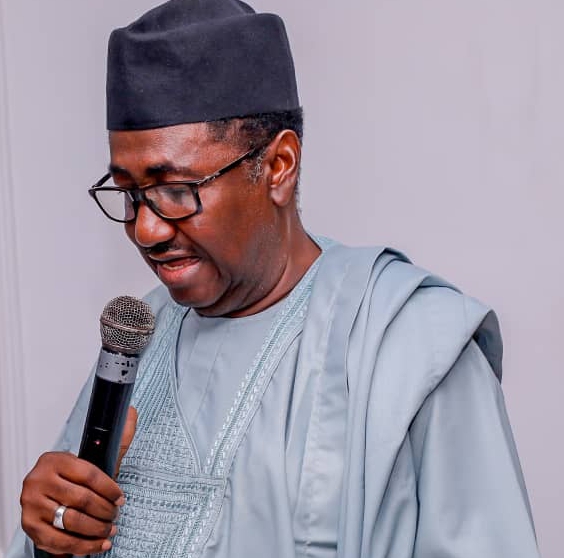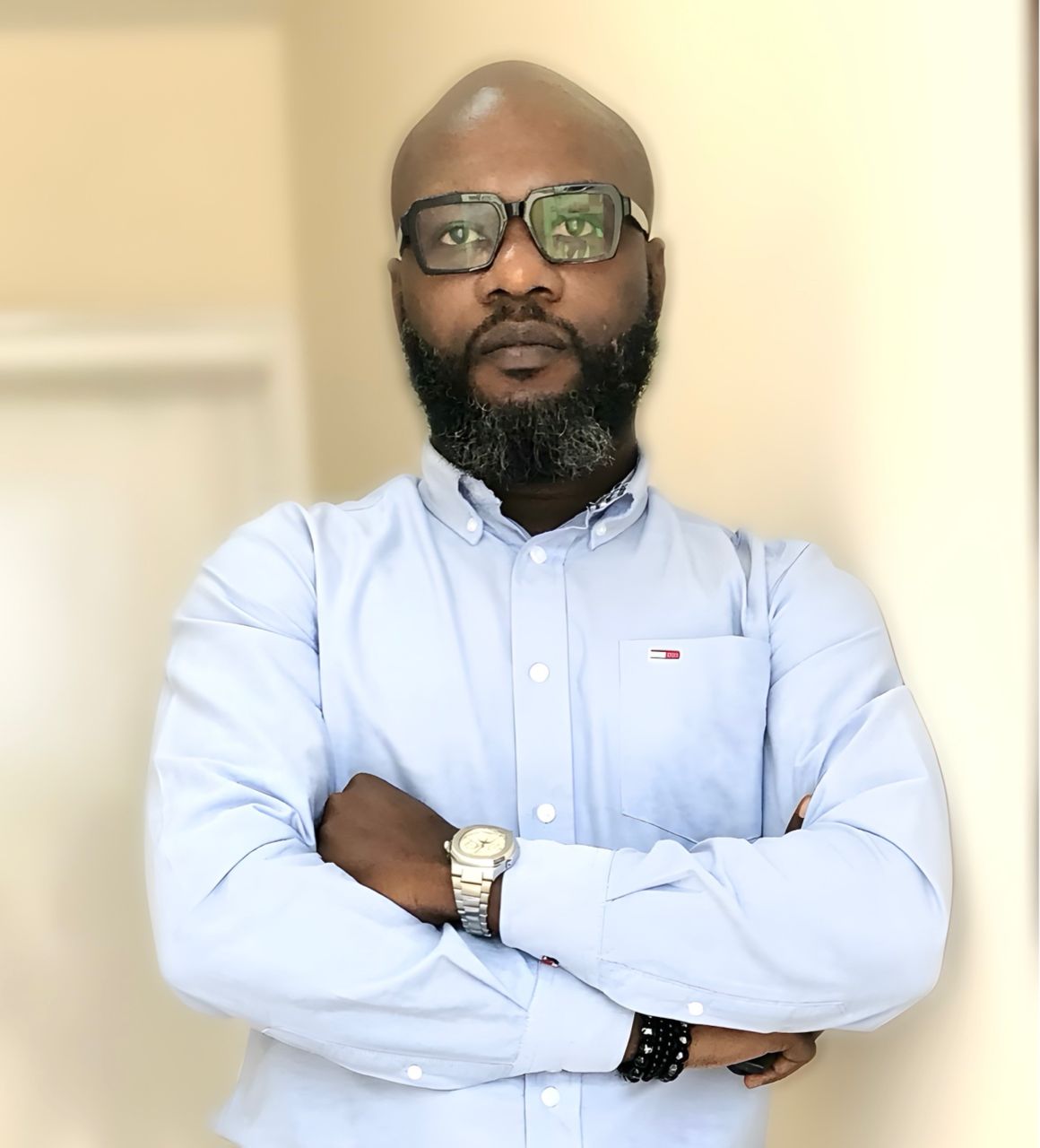DIALOGICAL APPROACH TO SECESSION: By Mohammed Kabir Ilyasu

Dr Hassan Gimba of the Neptune Prime online newspaper has written on why Nigeria should not break up bearing in mind the existential realities of inter personal relationships amongst the communities that presently live in today’s Nigeria.

Background.

Nigeria’s land mass and her indigenous people has existed ever since before the land was named Nigeria by the British colonialist .
The country has turned into something that is the envy and surprise to the people who thought and worked assiduously to break it up. None of us hailed from anywhere neither have our ancestors had any blood ties to the Arabs, Jews or European ancestry.
Our people do not require any footnote, but a reframing of our story to look into the fabrics that held us together and work hard to sustain us as nation bound in peace and unity.

Insights.
In what follows, I will reiterate on somethings that may point out what this might yield by way of insight into the life of Nigeria as a country that exists today which the separatists are hell bent of breaking apart. As a mark of maturity, Nigeria has shown an increase in regional identity compared to purely ethnic identity, which points to an erosion of ethnicity as the most important cleavage between minority and nation-state.
Territorial identification is becoming more important. A strong state identity is not solely confined to ethnic issues, but also assist in conflict resolution and enhance the dialogue between minority and majority population in those states.
These common developments in different member-states and the role of governments of the States as an ‘antidote’ to separatist tendencies represent the focus of this essay.
Nation states experiences
The majority of states in the world today were created via secession, but a majority of secessionist movements have failed to gain independence. Counter‐secession is not only more successful than secession; it is also more common.
“Unity in diversity” is often quoted as the founding principle of our country, referring to Nigeria’s cultural, linguistic and ethnic diversity. While trying to communicate that, there are common values shared by all members. All differences are supposedly put aside.
I am not un mindful of what the agitators are pointing out, but the reality of curving a country out of present day Nigeria shall prove very expensive to handle both financially and politically.
Various countries have tried breaking up, some through force of arms whilst others through a referendum. It brought nothing other than unnecessary social conflicts and wars.
It must be noted even countries like Ethiopia that have a secession clause in the constitution that allows any region to secede, the reality proves impossible. They discovered that it was costly to begin in terms of human and financial obligations.
Donor countries promoting those isolationist policies globally as self determination are no longer in a position to finance the settlement of displaced communities or in a position to sustain those misplaced priorities.
It will further serve to distance the country from existing realities of alliances as a way of simplifying governance.
What mark is man who cannot accommodate individual differences in unity. As the saying goes “No man is an island”.
The right to self-determination, a fundamental principle that refers to a person’s ability to make choices and manage this own life. It is one important principle of human rights law, where an individual and collective right to freely determine . . . political status and [to] freely pursue . . . economic, social and cultural development is enshrined.
The principle of self-determination is generally linked to the DECOLONIZATION process that took place after the promulgation of the United Nations Charter of 1945.
Of course, the obligation to respect the principle of self-determination is a prominent feature of the Charter, appearing, inter alia, in both Preamble to the Charter and in Article 1.
Adjusting Insights
Constitutional procedures of our country linking our Unity and Separatists agitations are two opposing directions. Nigeria could lend a listening ears towards the various legal and political approaches to this issue.
There are also different developments; one of separatist movements and plans for the establishment of new nation-states that are gaining followers, who are trying to re-establish a nation-centred concept of identity and citizenship, and promoting a political model that could be rendered obsolete by the ‘united Nigeria. Strong issues of identity and belonging cannot be overcome by their agitations alone. The concept of “unity in diversity” has allowed for developments and collaborations in our polity.
Our history has taught us to trace an alternative way of seeing and pointing out things that could undermine our unity as well as development.
As things stand now, it is for those of us whose minds were formed in the unity of Nigeria requiring putting aside the European enforced morality that is still seen when they look at Nigeria instead viewing non-European concept. We Nigerians, as the main characters have existed and interacted long before the arrival of Europeans on our shores. We Nigerians must therefore remain single individual, “United in heart and mind”.
Mohammed Kabir Ilyasu a retired foreign affairs officer writes from Kaduna Nigeria
April 7th 2024




